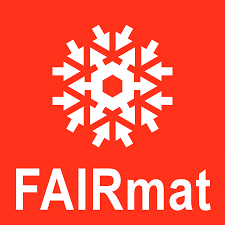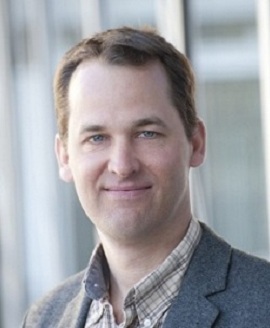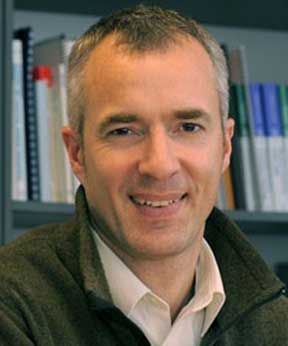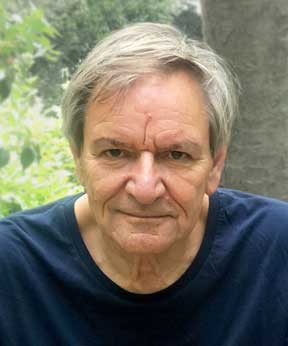IRIS Adlershof has taken first steps towards establishing a new field of research, Big Data, at the interface of physics, mathematics, computer science, chemistry, and materials science. Innovative management of big data in computer-aided materials science is one of the main research areas of IRIS member C. Draxl.
 In recent years, Draxl and M. Scheffler in close cooperation, have built up the Novel Materials Discovery Laboratory (NOMAD Lab), the world's largest database of material properties, which now contains 100 million calculations. Designed as a FAIR (Findable, Accessible, Interoperable, and Re-purposable) infrastructure, the NOMAD Lab enables the productive handling of scientific data and is thus, together with the use of Artificial Intelligence, essential for the development of future technologies. As part of the NOMAD Center of Excellence, which was renewed for a second funding period in 2020, Draxl and Scheffler are also developing computational materials science into new applications and preparing it for the next generation of high-performance computers (exascale computers).
In recent years, Draxl and M. Scheffler in close cooperation, have built up the Novel Materials Discovery Laboratory (NOMAD Lab), the world's largest database of material properties, which now contains 100 million calculations. Designed as a FAIR (Findable, Accessible, Interoperable, and Re-purposable) infrastructure, the NOMAD Lab enables the productive handling of scientific data and is thus, together with the use of Artificial Intelligence, essential for the development of future technologies. As part of the NOMAD Center of Excellence, which was renewed for a second funding period in 2020, Draxl and Scheffler are also developing computational materials science into new applications and preparing it for the next generation of high-performance computers (exascale computers).
 The CRC 1404 FONDA – Foundations of Workflows for Large-Scale Scientific Data Analysis, approved by the German Research Foundation in July 2020, also represents a further development of IRIS Adlershof in the direction of Big Data. In CRC 1404, an interdisciplinary group of PIs from computer science, material science, geosciences, and the life sciences investigates methods for increasing productivity in the development, execution, and main-tenance of Data Analysis Workflows for large scientific data sets. The long-term goal is to develop methods and tools that achieve substantial reductions in development time and development cost of DAWs. Spokesperson of the CRC is IRIS member U. Leser from HU’s Computer Science Department. Further participating IRIS members are C. Draxl and C.T. Koch.
The CRC 1404 FONDA – Foundations of Workflows for Large-Scale Scientific Data Analysis, approved by the German Research Foundation in July 2020, also represents a further development of IRIS Adlershof in the direction of Big Data. In CRC 1404, an interdisciplinary group of PIs from computer science, material science, geosciences, and the life sciences investigates methods for increasing productivity in the development, execution, and main-tenance of Data Analysis Workflows for large scientific data sets. The long-term goal is to develop methods and tools that achieve substantial reductions in development time and development cost of DAWs. Spokesperson of the CRC is IRIS member U. Leser from HU’s Computer Science Department. Further participating IRIS members are C. Draxl and C.T. Koch.
 FAIRmat represents the diverse research field of the Condensed Matter Section (SKM) of the German Physical Society (DPG) as well as the chemical physics of solids. The project receives funding to build an infrastructure that will make materials science data FAIR: findable, accessible, interoperable, and re-purposable. This will enable researchers in Germany and beyond to store, share, find, and analyze data over the long term.
FAIRmat represents the diverse research field of the Condensed Matter Section (SKM) of the German Physical Society (DPG) as well as the chemical physics of solids. The project receives funding to build an infrastructure that will make materials science data FAIR: findable, accessible, interoperable, and re-purposable. This will enable researchers in Germany and beyond to store, share, find, and analyze data over the long term.










